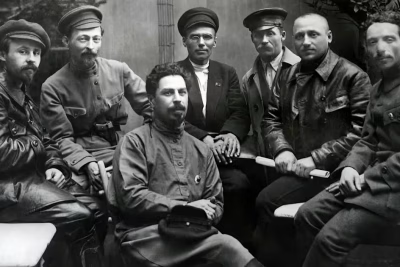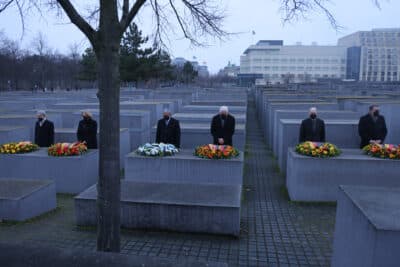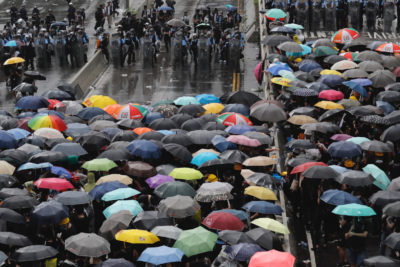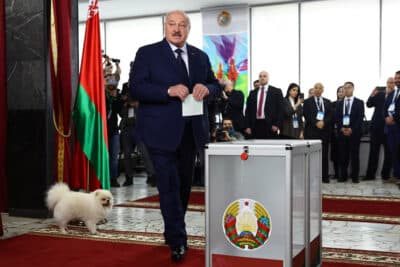
Documenting Belarus’s Human Rights Violations in 2025: What the World Needs to Know
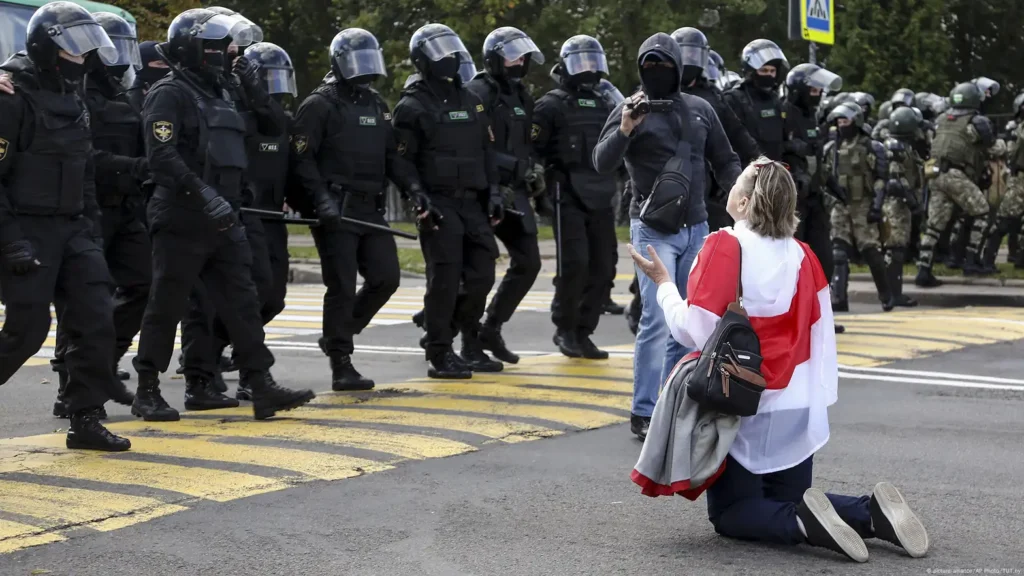
In 2025, Belarus remains a country where speaking your mind can cost you your freedom – or worse. Since the disputed 2020 presidential elections, the human rights situation has only deteriorated, with the state expanding its tools of repression. From arbitrary arrests to systematic torture, the regime of Alexander Lukashenko has continued to silence dissent, restrict basic freedoms, and intimidate citizens into submission.
- 1. Arbitrary Arrests and Detentions
- 2. Torture and Inhumane Treatment in Custody
- 3. Suppression of Freedom of Speech
- 4. Attacks on Civil Society and NGOs
- 5. Political Prisoners: Numbers Behind the Crisis
- 6. The Role of the Security Apparatus
- 7. Women and Minority Groups at Risk
- 8. The International Response – And Its Limits
- 9. Why Documentation Matters in 2025
- 10. How You Can Help
This article documents the most pressing human rights violations in Belarus today, shedding light on the victims’ stories, the regime’s tactics, and why international attention is more urgent than ever.
1. Arbitrary Arrests and Detentions
Belarusian authorities continue to detain citizens for peaceful protest, social media posts, and even private conversations. In 2025, arrests are often pre-emptive, targeting people suspected of being sympathetic to opposition movements. Police raids frequently occur at dawn, with plainclothes officers seizing phones, laptops, and personal belongings without warrants.
Victims often disappear for days without contact with family or lawyers. This tactic not only silences individuals but spreads fear across communities, discouraging others from speaking out.
2. Torture and Inhumane Treatment in Custody
Reports from human rights groups reveal that torture remains a widespread practice in Belarusian detention centres. Survivors describe beatings, electric shocks, sleep deprivation, and forced confessions. Many political prisoners are denied medical care, leading to long-term health consequences.
The regime uses torture as both punishment and deterrent – making examples out of activists to warn others. Former detainees often emerge traumatised, not just physically, but psychologically, with many needing months or years to recover.
3. Suppression of Freedom of Speech
Independent journalism in Belarus is virtually extinct. State-run media dominates the information landscape, spreading propaganda and discrediting opposition voices. Independent news outlets have been shut down, their websites blocked, and their journalists forced into exile.
Social media platforms are closely monitored. Posting criticism of the government, even in private messages, can result in arrest. In 2025, the Lukashenko regime has adopted sophisticated online surveillance tools, allowing them to track citizens’ digital activity more effectively than ever.
4. Attacks on Civil Society and NGOs
Belarusian NGOs working in human rights, environmental protection, or social aid have been systematically dismantled. Many have been labelled “extremist” organisations, giving the government legal grounds to raid their offices, seize their assets, and prosecute their members.
By 2025, hundreds of civil society organisations have been dissolved, and many activists now operate underground or from abroad. This crackdown severely limits citizens’ ability to organise, advocate, or provide support to victims of repression.
5. Political Prisoners: Numbers Behind the Crisis
According to human rights monitors, thousands remain imprisoned for political reasons in Belarus, from opposition leaders to students and factory workers. Many face absurd charges such as “disrupting public order” or “insulting the president.” Trials are often closed to the public, with verdicts predetermined by the authorities.
Families of political prisoners are also targeted – losing jobs, facing harassment, or even being detained themselves. This climate of collective punishment keeps communities under control.
6. The Role of the Security Apparatus
The Belarusian KGB and OMON riot police remain the regime’s main instruments of oppression. Their operations extend beyond law enforcement into political intimidation, online surveillance, and infiltration of opposition groups.
In 2025, cross-border cooperation with Russian security services has strengthened these capabilities, enabling more coordinated crackdowns on dissidents, including those in exile.
7. Women and Minority Groups at Risk
Women activists often face gender-based violence and harassment in detention, including threats of sexual assault. Minority groups, including the LGBTQ+ community, are especially vulnerable, with state propaganda portraying them as “foreign agents” or threats to traditional values.
These tactics not only violate individual rights but also deepen societal divisions, making solidarity across communities more difficult.
8. The International Response – And Its Limits
Sanctions from the EU, US, UK, and other countries remain in place, targeting key Belarusian officials and state enterprises. However, the regime has adapted, seeking economic lifelines from Russia, China, and other authoritarian allies.
While international advocacy has kept Belarus on the global agenda, accountability remains elusive. Lukashenko’s government continues to block independent investigations, and victims have limited access to international legal recourse.
9. Why Documentation Matters in 2025
In the face of censorship and propaganda, documenting human rights violations is not only a moral duty but a political act of resistance. Testimonies from survivors, data from NGOs, and investigations by independent journalists are essential for future justice efforts.
Archiving evidence today ensures that perpetrators cannot hide behind rewritten histories tomorrow. As the Belarusian saying goes: “Truth is the strongest weapon.”
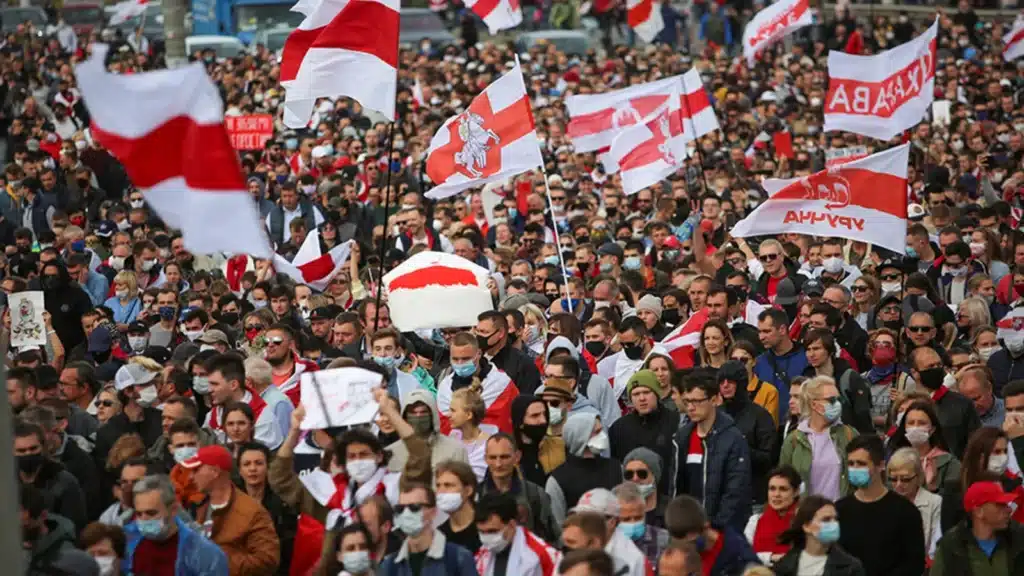
10. How You Can Help
While the situation in Belarus may seem distant, there are concrete ways to support its people:
- Follow and share reports from independent Belarusian media and NGOs in exile.
- Support political prisoners through verified fundraising initiatives.
- Pressure policymakers in your country to maintain sanctions and demand independent investigations.
- Engage in digital solidarity, helping bypass censorship by amplifying verified content.
Every voice matters. Silence only benefits the oppressor.
Conclusion
Belarus in 2025 is living through one of the darkest chapters in its modern history. The state’s apparatus of repression has evolved, but so too has the resilience of its people. From underground activists to exiled journalists, Belarusians continue to document and expose the regime’s abuses, ensuring the world cannot look away.
Human rights violations in Belarus are not just a Belarusian problem – they are a reminder that the fight for freedom is global.
FAQs
1. How many political prisoners are there in Belarus in 2025?
Human rights groups estimate several thousand, though exact numbers are difficult to confirm due to government secrecy.
2. Is it still dangerous to protest in Belarus?
Yes. Peaceful protests can lead to immediate arrest, heavy fines, or prison sentences.
3. How does Belarus monitor online activity?
The government uses advanced surveillance software, often in cooperation with Russian security services, to track social media and messaging apps.
4. Are there independent journalists still operating in Belarus?
Most now work from exile, but some remain inside the country, risking arrest to report the truth.
5. Can international courts prosecute Belarusian officials for human rights abuses?
In theory yes, but in practice jurisdiction and political barriers make this process slow and difficult.



